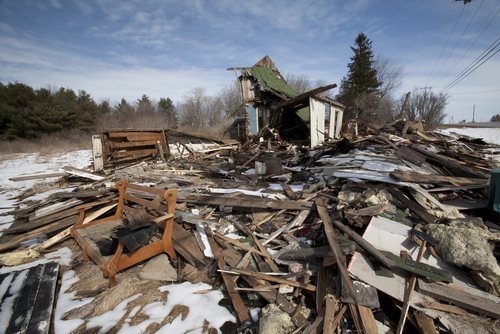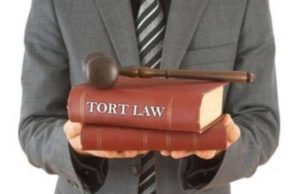Saving Money with Home Insurance Quotes
 What is Home Insurance?
What is Home Insurance?
Home Insurance, also referred to as homeowner’s insurance or hazard insurance, is the fundamental type of property insurance that provides coverage to private homes. It is a hybrid insurance policy that combines an assortment of personal insurance protections–such as losses occurring to one’s home, its contents and loss of its use, meaning additional living expenses, or loss of other possessions of the homeowner—with liability insurance for accidents that happen inside of the home, on the home’s property or at the hands of the homeowner within the policy’s territory.
Home insurance requires that at least one of the named protected residents occupies the home; a dwelling policy is similar to home insurance, although it is used for those residences who don’t qualify for various reasons, such as age or vacancy/non-occupancy issues. All home insurance policies are classified as a multiple-line insurance product, meaning that protection encompasses both property and liability. Furthermore, home insurance possesses an indivisible premium, meaning that a single premium is paid for all risks associated with the protected home and property.
Analyzing the cost of Home Insurance?
The cost of home insurance is typically dependent on what it would cost to fix or replace the underlying house and the additional attached to the policy. A typical home insurance policy is a lengthy contract, which explicitly names what will and will not be paid in the case of various incidents or events.
A home insurance policy is typically distributed as a term contract—the contract is in effect for a fixed period of time. Similar to other insurance policies, the insured party is required to pay for coverage through the satisfaction of a premium.
How do I compare Home Insurance Quotes?
Similar to other insurance products, home insurance is offered in regards to price, in a quote. Home insurance quotes will fluctuate based on the type of policy you are choosing, the size and location of your home and your home’s susceptibility to damage.
There are a numerous forms of home insurance plans available, so it is crucial to review the various coverage plans before analyzing home insurance quotes. In addition to the quote itself, you must also compare the monthly premiums attached and review how often an agency pays a claim, how strong the company’s customer service is and the number of discounts the agency offers to homeowners with solid credit scores.
When comparing home insurance quotes it is essential to consider the following aspects of a policy: the monthly premium, the types of coverage plans offered, the agency’s customer service ratings and the average number of claims awarded to insurers. Once these aspects of home insurance quotes have been analyzed you should choose the home insurance agency that best suits your needs—in many cases individuals will purchase their home insurance policy from their car insurance provider.




 What is Home Owners Insurance?
What is Home Owners Insurance? What is Homeowners Insurance?
What is Homeowners Insurance? What is House Insurance?
What is House Insurance?
 What is Renters Insurance?
What is Renters Insurance?










